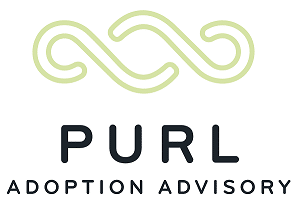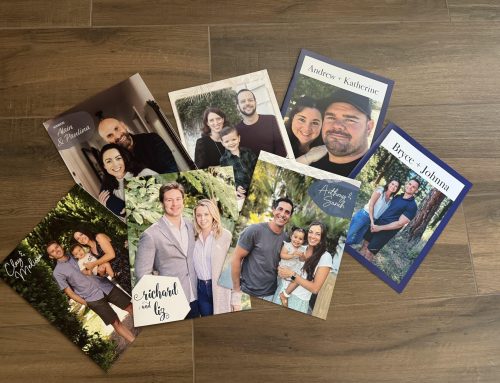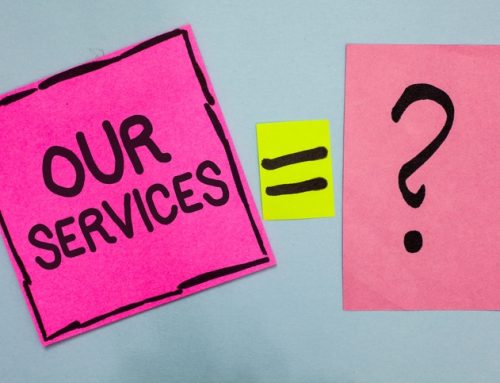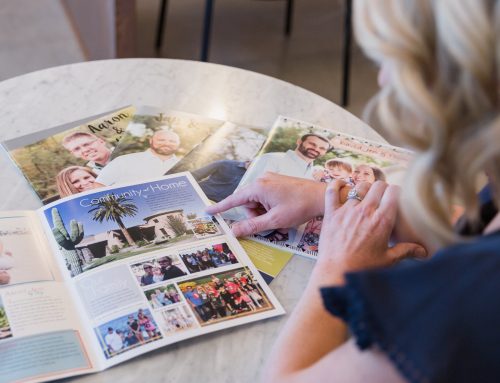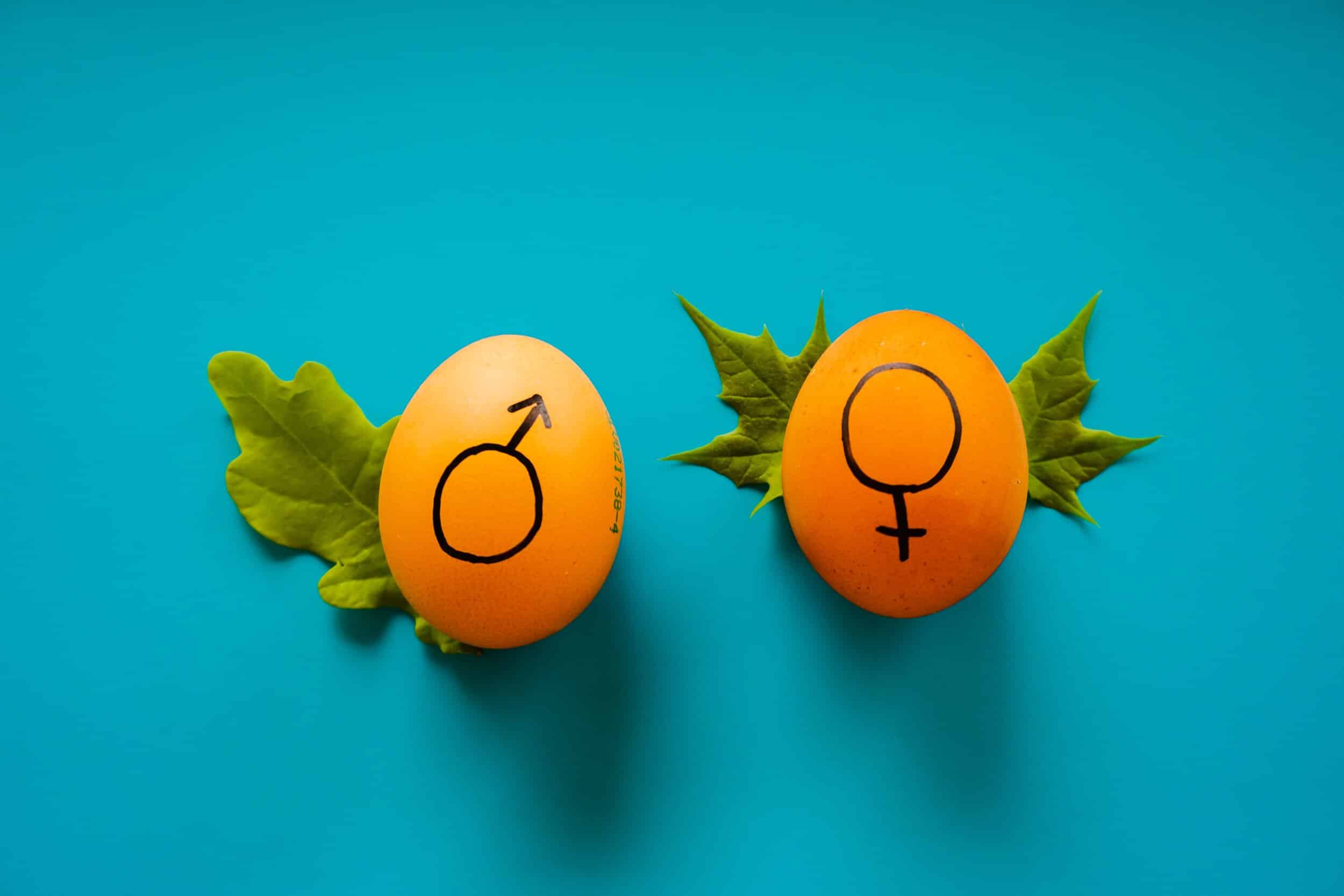
Recently, I have had an increasing number of prospective adoptive parents contacting us at Purl and desiring a specific gender in their adoption. As a mom to two daughters who considered adopting a third child, we toyed with the idea of completing our family by adding a baby boy. I can understand that inclination. However, many prospective adoptive families make the choice to limit themselves on gender without truly understanding and acknowledging how much more difficult being gender specific can be in your adoption journey.
In many circumstances, an expectant mother is contacting an adoption attorney or agency to assist in an adoption plan when she has had little prenatal care. She may be far enough along in her pregnancy that it may be difficult to identify the gender at the time, or the baby may not be cooperating during the ultrasound. Typically, the mother is not considered advanced maternal age, so she might not be offered genetic testing that can identify the gender of the child early in the pregnancy. It’s also her right not to find out the sex of her baby before birth. In many adoption opportunities, the gender of the child is unknown before a match is made between a prospective adoptive parent(s) and an expectant family. Then, of those situations where the gender is known, some will be girls and some will be boys. Therefore, by only considering adoption opportunities of a certain gender, prospective adoptive families may be limiting themselves to less than 25% of the adoption opportunities available. If that prospective adoptive family also has limited preferences about race, drug exposure in utero or mental illness, the number of opportunities they’ll have to consider decreases substantially. Moreover, prospective adoptive families will find that fewer adoption professionals are willing to work with them if they are gender specific, even further reducing the adoption opportunities available for them to consider.
Nature doesn’t let you choose the gender of your baby if you are having a child naturally, so I encourage prospective adoptive families to consider whether they should control this aspect of adding a child in their family through adoption. We believe prospective adoptive parents should think carefully before they embark on an adoption journey where they are only open to one gender, as we would not be surprised if the process took that prospective adoptive family more than twice as long as our average wait for our Purl Families (6-12 months). In fact, because of this recent trend, our own past experiences in helping families only open to one gender, effective immediately we will not be accepting families who are gender specific, unless there are other special circumstances that will make this family more attractive to or open to an expectant family (for example, a diverse prospective adoptive family or a family who has wide open preferences on race, drug exposure, mental illness and a higher budget), or if they are signed up only for a consultation/coaching package. If we do make an exception and allow a family to be gender specific, those families must acknowledge and expect their wait to be substantially longer than our 6-12 month average wait. The adoption process is very hard, no matter how open your preferences are. Consider carefully whether you want to make your process that much harder by also selecting the gender of your future child.
To learn more about preferences and the impact they can have on your adoption journey, we encourage you to visit other posts we have done on the subject:
Resources for Determining Preferences in Your Domestic Adoption
The Awkwardness of Saying Yes or No to a Child

Recently, I have had an increasing number of prospective adoptive parents contacting us at Purl and desiring a specific gender in their adoption. As a mom to two daughters who considered adopting a third child, we toyed with the idea of completing our family by adding a baby boy. I can understand that inclination. However, many prospective adoptive families make the choice to limit themselves on gender without truly understanding and acknowledging how much more difficult being gender specific can be in your adoption journey.
In many circumstances, an expectant mother is contacting an adoption attorney or agency to assist in an adoption plan when she has had little prenatal care. She may be far enough along in her pregnancy that it may be difficult to identify the gender at the time, or the baby may not be cooperating during the ultrasound. Typically, the mother is not considered advanced maternal age, so she might not be offered genetic testing that can identify the gender of the child early in the pregnancy. It’s also her right not to find out the sex of her baby before birth. In many adoption opportunities, the gender of the child is unknown before a match is made between a prospective adoptive parent(s) and an expectant family. Then, of those situations where the gender is known, some will be girls and some will be boys. Therefore, by only considering adoption opportunities of a certain gender, prospective adoptive families may be limiting themselves to less than 25% of the adoption opportunities available. If that prospective adoptive family also has limited preferences about race, drug exposure in utero or mental illness, the number of opportunities they’ll have to consider decreases substantially. Moreover, prospective adoptive families will find that fewer adoption professionals are willing to work with them if they are gender specific, even further reducing the adoption opportunities available for them to consider.
Nature doesn’t let you choose the gender of your baby if you are having a child naturally, so I encourage prospective adoptive families to consider whether they should control this aspect of adding a child in their family through adoption. We believe prospective adoptive parents should think carefully before they embark on an adoption journey where they are only open to one gender, as we would not be surprised if the process took that prospective adoptive family more than twice as long as our average wait for our Purl Families (6-12 months). In fact, because of this recent trend, our own past experiences in helping families only open to one gender, effective immediately we will not be accepting families who are gender specific, unless there are other special circumstances that will make this family more attractive to or open to an expectant family (for example, a diverse prospective adoptive family or a family who has wide open preferences on race, drug exposure, mental illness and a higher budget), or if they are signed up only for a consultation/coaching package. If we do make an exception and allow a family to be gender specific, those families must acknowledge and expect their wait to be substantially longer than our 6-12 month average wait. The adoption process is very hard, no matter how open your preferences are. Consider carefully whether you want to make your process that much harder by also selecting the gender of your future child.
To learn more about preferences and the impact they can have on your adoption journey, we encourage you to visit other posts we have done on the subject:
Resources for Determining Preferences in Your Domestic Adoption
The Awkwardness of Saying Yes or No to a Child
